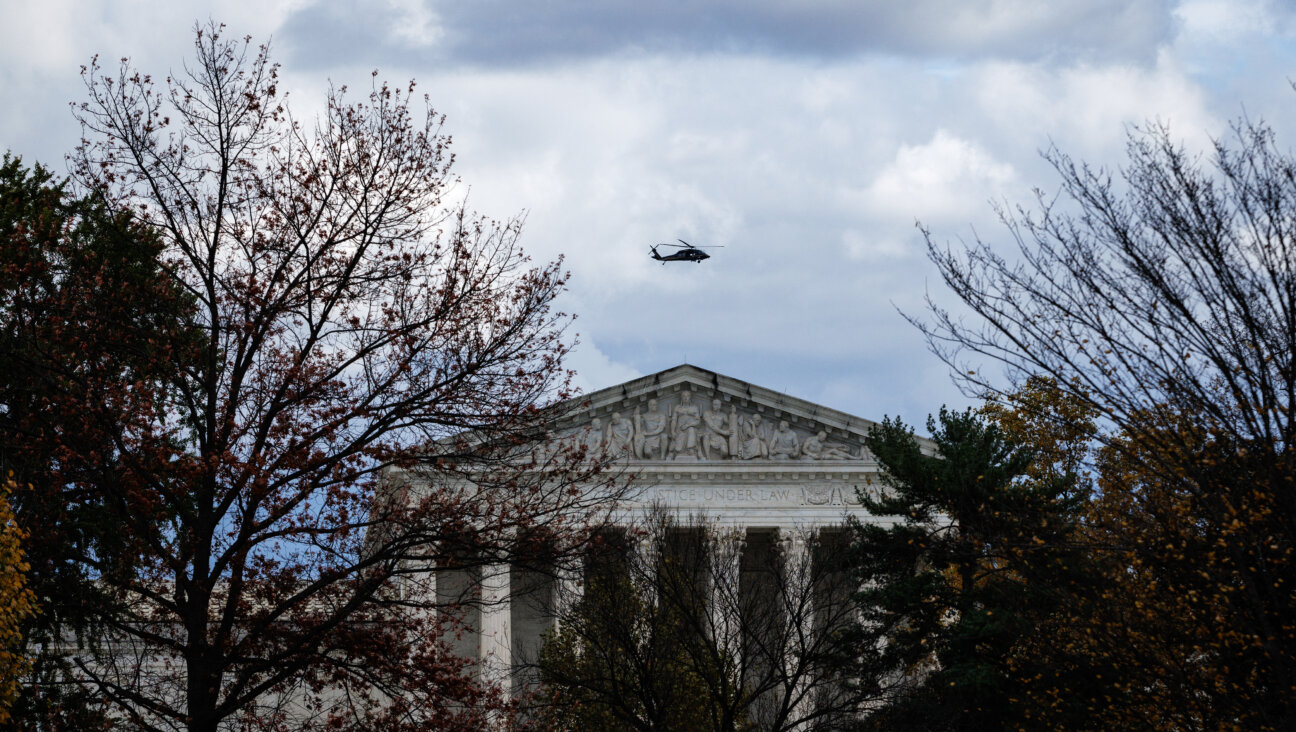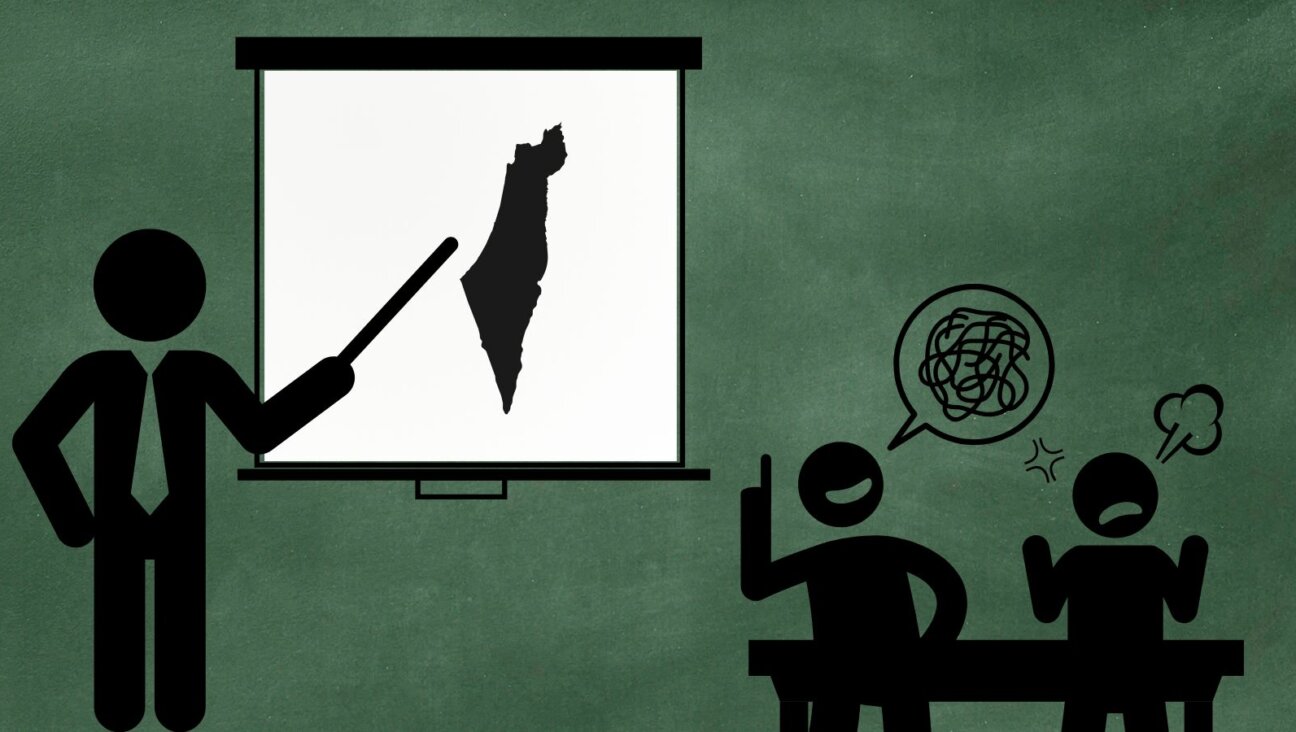They saw the Afghanistan debacle coming long before everyone else

Visa Applicant: Abdul Rashid Shirzad holds a snapshot from 2011, during his time as combat translator, at his home on July 21st, 2021 in Kabul, Afghanistan. Shirzad worked for more than two years with the Navy Seals, special operations forces. Shirzad’s application for a Special Immigrant Visa (SIV) to the U.S. was denied without any explanation in 2016, two years after his stint with U.S. special operations forces ended. By Getty Images
The world was shocked by images of desperate Afghans cramming into Kabul’s airport and hanging on to planes — but the world’s translators have been fearing this outcome for quite some time. In April, 22 translation organizations sent an open letter to Secretary of State Anthony Blinken outlining the danger they sensed.
The email was titled “Lives at Stake” and detailed the threat already presented to translators’ lives and the urgent need to get them out of Afghanistan before the declared withdrawal deadline.
“Linguists and their families have been languishing in the Special Immigrant Visa queue while trying to stay alive day after day in the face of ongoing insurgent threats,” the translators wrote. (Full disclosure: I signed this letter as a board member of the American Literary Translators Association.)
“We recognize that a review of the SIV program is currently underway; however, in light of President Biden’s accelerated troop withdrawal timeline, the undersigned believe any less-flawed iteration will not be implemented in time to save our colleagues, who were the ‘face of the coalition.’ That is why we urge you to extract interpreters and their families to a safe location outside Afghanistan before the September 11 deadline and process their visas from there.”
The translators’ letter also invoked Vietnam in its request for speed.
“There is historical precedent for such an evacuation, notably Operation Frequent Wind in Vietnam, where thousands of Americans and Vietnamese at risk were airlifted to safety by U.S. forces over the course of two days,” the letter said.
Why were translators on this in April? And why were they on it again in May, when increasingly worried translators wrote Jens Stoltenberg, the secretary-general of NATO, saying they were “profoundly concerned” about the safety of their colleagues in Afghanistan?
Rereading that May letter to NATO now is heartbreaking. “At the April 14 joint news conference, you stated that there will be “an orderly, coordinated and deliberate drawdown of troops.” We believe the same structured approach must be taken in resettling interpreters. While some of these linguists have found refuge via national programs, countless others have been waiting years in vain for a protective visa. Considered traitors and fearing retaliation for their collaboration, they have either gone into hiding at home or fled abroad. There is now little time left to save them,” the letter publicly posted on Red T: Protecting Translators and Interpreters Worldwide reads.
Translators have regular contact with people on the ground in other countries. Shared language is a bond of intimacy and immediacy, and translators were getting early reports of threats to interpreters in Afghanistan. Translation organizations also often have members with direct experience with war, violence against women and minorities, and genocide—and who have seen worlds turn in moments. They didn’t want to take chances.
As the situation worsened, publications that emphasize literature in translation quietly and swiftly moved to anonymize contributors in harm’s way. Words Without Borders, for instance, has changed the names of some Afghan writers to Afghan author A, Afghan author B, Afghan author C and Afghan author D.
Translators understand that translation can be seen as a unique form of betrayal. They know how dangerous is to not know a language — and conversely, how much of a threat and advantage it is to know two languages well enough to move between worlds and be able to inform and discern truth from lies.
Many American veterans owe these brave translators — and truth-movers — their lives.
“Acting with honor toward allied interpreters is crucial to America’s standing in the world. It is also a strategic imperative – since linguists are an essential tool in the global war on terror, their safety is inextricably bound to the safety of us all,” the translation organizations wrote Blinken.
Translation can allow direct access to power, and when power flips, that puts translators directly in harm’s way. Translators are also among the first to know that something is very wrong, and that the situation is far worse than what politicians publicly claim.
The airlift translators urged for other translators months ago has now become much more dangerous. Miscalculation of danger is a form of mistranslation, and translators around the world are feeling this in their souls as they worry that political leaders’ dismissal of on-the-ground reports from those used to moving truth between languages may now mean loss of life.
Aviya Kushner is The Forward’s language columnist and the author of Wolf Lamb Bomb and The Grammar of God. Follow her on Twitter @AviyaKushner
A message from our CEO & publisher Rachel Fishman Feddersen

I hope you appreciated this article. Before you go, I’d like to ask you to please support the Forward’s award-winning, nonprofit journalism during this critical time.
We’ve set a goal to raise $260,000 by December 31. That’s an ambitious goal, but one that will give us the resources we need to invest in the high quality news, opinion, analysis and cultural coverage that isn’t available anywhere else.
If you feel inspired to make an impact, now is the time to give something back. Join us as a member at your most generous level.
— Rachel Fishman Feddersen, Publisher and CEO























